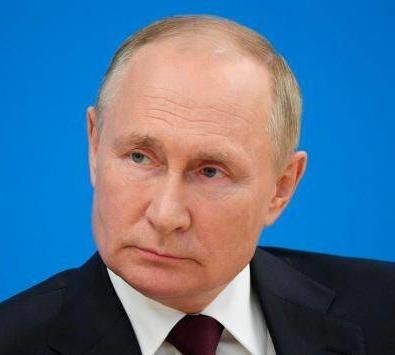Description

Disclaimer: Copyright infringement not intended.
Context: The International Criminal Court recently issued a warrant for arrest against Russian President Vladimir Putin. The reason is his alleged involvement in the abduction of children from Ukraine.
Details:
International Criminal Court:
History:
- It was created two decades ago as a standing body under the Rome Statute of 1998. The Rome Statute entered into force in 2002
- UNSC had earlier established ad hoc tribunals. Their role was to address atrocities in places such as Yugoslavia and Rwanda.
- Many democracies have joined the ICC, including close US allies like Britain. But the US has not joined
- Russia is also not a member
.jpeg)
About:
- The ICC is an independent international organization and is not part of the UN system
- It is the first permanent treaty-based court established to help end impunity for the most serious crimes of concern to the international community.
Role: To investigate war crimes, genocide and crimes against humanity
Location: The court is based in The Hague, Netherlands.
Powers in the present case:
- The court does not have the power to arrest sitting heads of state or bring them to trial
- She must rely on other leaders and governments to act as her sheriffs around the world.
- A suspect who manages to evade arrest may never have a confirmation hearing.

Financing: Although the court's expenses are financed primarily by states that are parties to the Rome Statute, it also receives voluntary contributions from governments, international organizations, individuals, corporations and other entities.
Jurisdiction:
- The ICC has jurisdiction over the most serious crimes of concern to the international community as a whole, namely genocide, crimes against humanity and war crimes if committed after 1 July 2002, as well as the crime of aggression, since 17 July 2018.
- The court is meant to complement, not replace, national criminal justice systems.
- It can only prosecute cases when national court systems do not conduct proceedings, or when they claim to do so but are in fact unwilling or unable to actually conduct such proceedings. This basic principle is known as the principle of complementarity.
No Immunity:
- Acting officially as head of state, member of government or parliament or as an elected representative or public official in no way exempts a person from prosecution or criminal liability.
- ICC cannot prosecute persons who are below 18 when the crime was committed.
|
PRACTICE QUESTION
Q) Which of the following statements is/are correct with reference to International Criminal Court?
a. The court does not have the power to arrest sitting heads of state or bring them to trial
b. The court is based in The Hague, Netherlands.
- Only a
- Only b
- Both a and b
- Neither a nor b
Answer: Option 3
|

https://indianexpress.com/article/explained/explained-global/vladimir-putin-arrest-warrant-ukraine-war-crimes-international-criminal-court-8504268/












